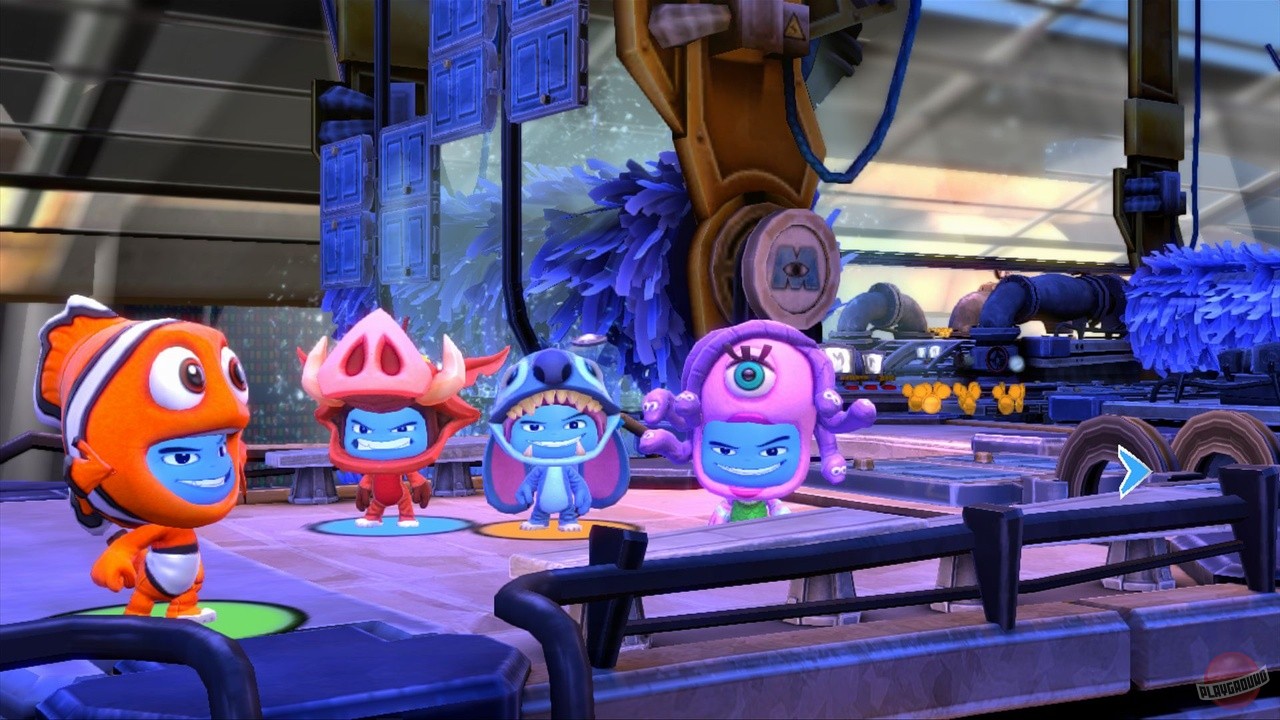Disney and Universal have filed a lawsuit against the AI Midjourney image generator alleging a massive copyright infraction that allows users to create images that “incorporate and blatantly copy the famous Disney and Universal characters.” The action could be an important turning point in legal battles on the infraction of the copyright of the book editors, news agencies and other content creators.
The Midjourney tool, which creates images from text indications, has 20 million users on their Discord server, where users write their tickets.
In the demand, the two cinema giants share examples in which Midjourney can create images that seem strange to the characters of each company to the rights, such as the henchmen, controlled by Universal, owned by Bey. Companions claim that these results could only be the result of Midjourney’s training in their copyright material. They also say that Midjourney “ignored” his attempts to remedy the problem before taking legal measures.
In the complaint, companies say that “Midjourney is the passenger free of copyright par excellence and a well -backless well of plagiarism.” Midjourney did not immediately respond to New scientistRequest for comments.
The demand has been welcomed by Ed Newton-Rex in Bastyly Training, a non-profit organization that promotes more fair training practices for AI companies. “This is a great day for the creators around the world,” he says. “Governments have demonstrated worrying signs that they could be folded to the intense Big Tech lobbying by legalizing IP theft: Disney weighing it makes this much less likely.”
Newton-Rex states that median engineers told him once his actions were justified because art is “ossified.” “Grateful, this ridiculous defense would not be put in court,” he says.
Legal experts are equally direct about Midjourney’s probability of success in defending the case. “It’s Disney, so Midjourney is screwed, forgive my Frenchman,” says Andrés Guadamuz at Sussex University in the United Kingdom.
Guadamuz points out that Disney’s general approach to protect his intellectual property, rarely, but firmly when he does, highlights the importance of his speech. The film companies acted months after other organizations, including news publishers, made artificial intelligence firms about the alleged use of their patented creations. Many of those cases have been resolved after reaching license agreements between AI companies and copyright holders.
“Media conglomerates are more interested in violating outputs. The models are improving a lot that is now very easy to produce enough with any character you can imagine,” says Guadamuz. He thinks Disney waited because “unlike editors, they are not looking for license agreements to survive.”
The participation of two titans of the creative industry is revealing in itself and marks a decisive moment for AI and copyright, Guadamuz acknowledges. “The fact that they go after Midjourney is a count,” he says. The company is a fish compared to the largest companies because they only specialize in the generation of images. “This is a message for larger players to act and begin to implement stronger filters, or will be the next.”
Many large AI companies provide image generation tools within their chatbots, although they tend to the capacity of police users strictly to create images that incorporate copyright characters through strong railings that prevent them from even trying.
The less likely alternative is that Disney, which is obtained from $ 91 billion in revenue last year, seeks to obtain money from Midjourney. “This could also be a message to get to the table and start negotiating. The AI is not going to go, so Disney can be establishing this as a score they open for business,” says Guadamuz.



